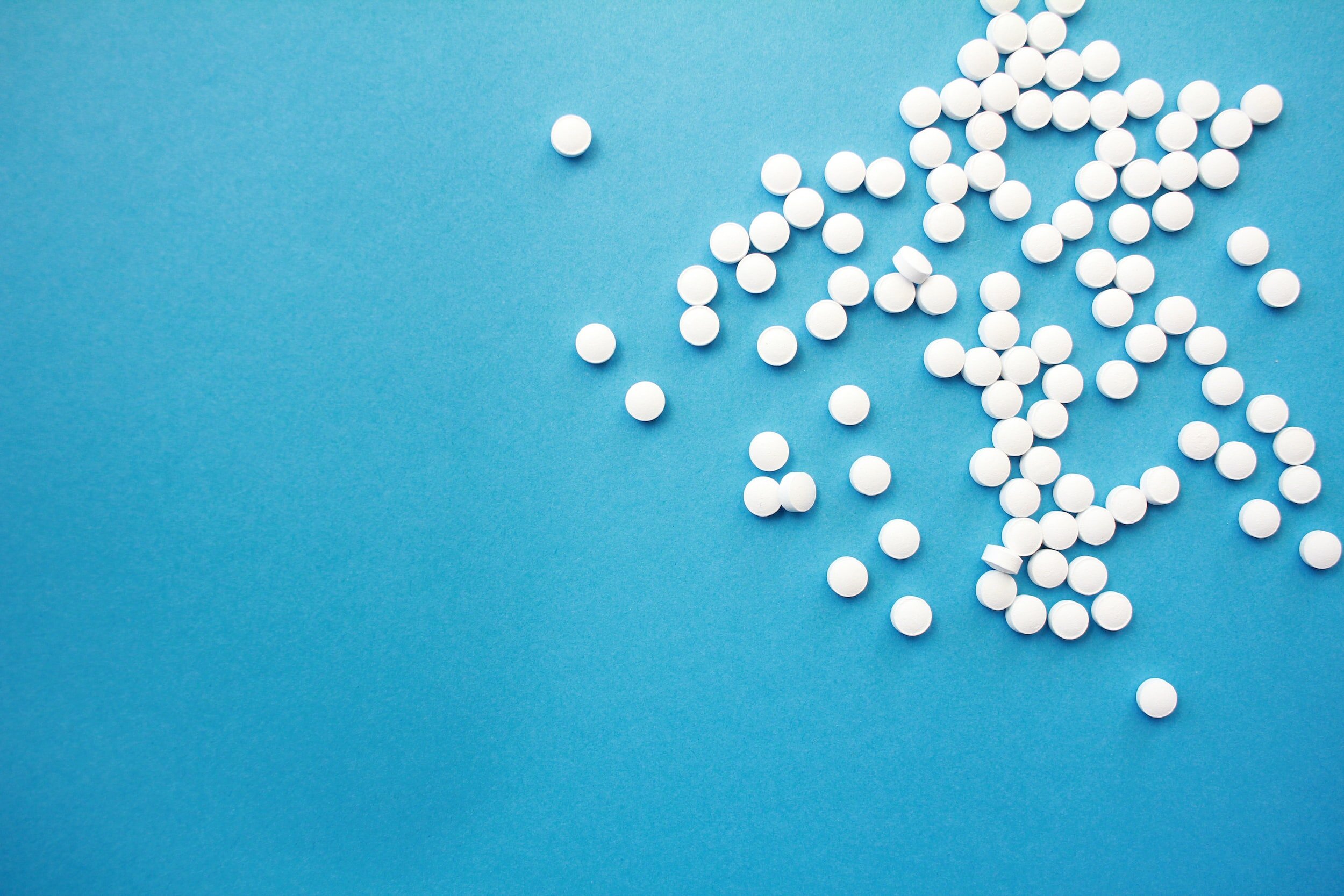The Truth About Melatonin: What You Should Know
Once in a while, researchers will pull the rug from under our feet and tell us everything we believed was good and healthy is in fact a lie. Ok so maybe that statement is a bit of an exaggeration but, some recent research has evidence that melatonin pills aren’t as “safe” as we had once believed **awkward nervous smile**.
What is Melatonin?
That tiny little hormone that your brain releases when the lights go out has been all the rage, with folks popping melatonin gummies like they're fruit snacks. I mean, the logic seems simple: can't sleep? Must be a lack of melatonin. Problem is, a study recently published in the Journal of the American Medical Association has started to poke holes in our collective melatonin mania. I link to the research below.
What’s the latest Melatonin research?
Researchers bought 25 brands of melatonin gummies, melted them down, and then played "guess the active ingredients." Spoiler alert: the labels on the bottles were about as accurate as a broken clock. Eighty-eight percent of the products were inaccurately labeled, with the real dosage of melatonin ranging from 74 to 347 percent of what was claimed.
Researches suggested that just 0.1 - 0.3mg of melatonin was enough to knock a child out. High amounts of up to 40 - 130 times more (sometimes found in over-the-counter gummies) could be fatal to a child. In fact, between 2012 - 2021 there were 27,795 pedatric emergnecy room visits, and sadly two deaths due to melatonin overdoses.
On top of those frightening stats, sleep expert Chris Winter, MD, explains that even adults are “inappropriately” using melatonin.
Takeaways
Melatonin isn’t as harmless as once believed. People are using it like a sleeping pill, but really, it’s a timing agent. So, if you pop one at the wrong time, you could actually be making your sleep problems worse. The researchers suggest keeping a sleep diary and figuring out the right timing with your healthcare professional.
It's not really the insomnia panacea it's marketed to be. Despite its increasing popularity, melatonin's track record is as lackluster as a one-star movie. Data from 24 trials found it did zilch to improve sleep onset, total sleep time, and sleep efficiency.
If you’re reading this right now and thinking well it works for me and it helps me sleep, that’s ok too. As always, my job is to give you the latest research so that you can make an informed decision.
With that said, there are other effective strategies too, like teaching yourself breathing strategies to switch on the "rest and digest" nervous system, adjusting light exposure, establishing a wind-down routine before bed, and looking into sleep hygiene practices.
References
Cohen PA, Avula B, Wang YH, Katragunta K, Khan I. Quantity of Melatonin and CBD in Melatonin Gummies Sold in the US. JAMA. 2023 Apr 25;329(16):1401–2.
Erland LAE, Saxena PK. Melatonin Natural Health Products and Supplements: Presence of Serotonin and Significant Variability of Melatonin Content. J Clin Sleep Med. 2017 Feb 15;13(2):275–81.2.
Andersen LPH, Gögenur I, Rosenberg J, Reiter RJ. The Safety of Melatonin in Humans. Clin Drug Investig. 2016 Mar;36(3):169–75.
Menczel Schrire Z, Phillips CL, Chapman JL, Duffy SL, Wong G, D’Rozario AL, et al. Safety of higher doses of melatonin in adults: A systematic review and meta-analysis. J Pineal Res. 2022 Mar;72(2):e12782.
Choi K, Lee YJ, Park S, Je NK, Suh HS. Efficacy of melatonin for chronic insomnia: Systematic reviews and meta-analyses. Sleep Med Rev. 2022 Dec;66:101692.



